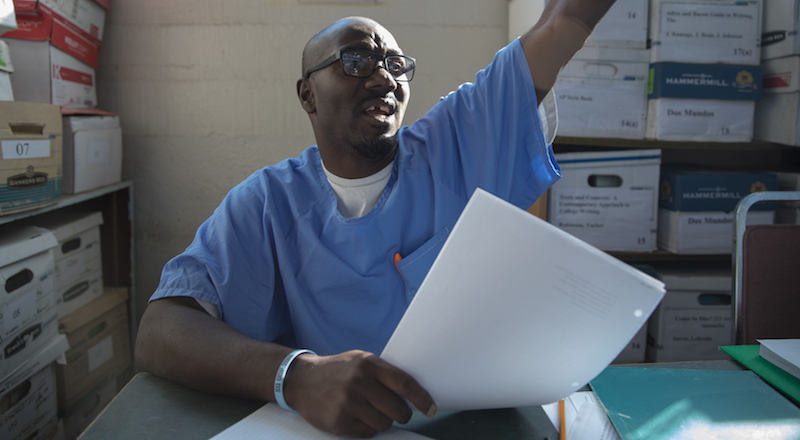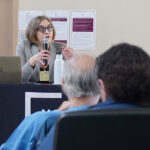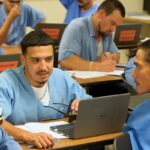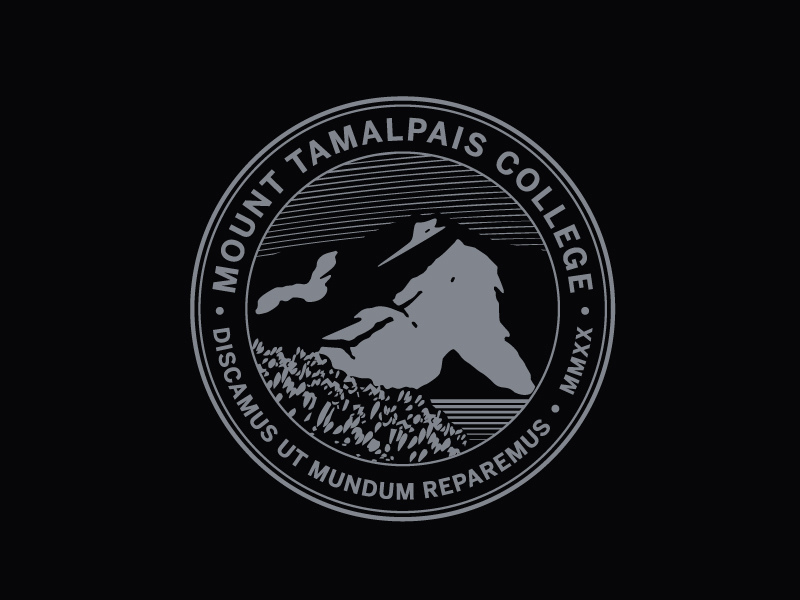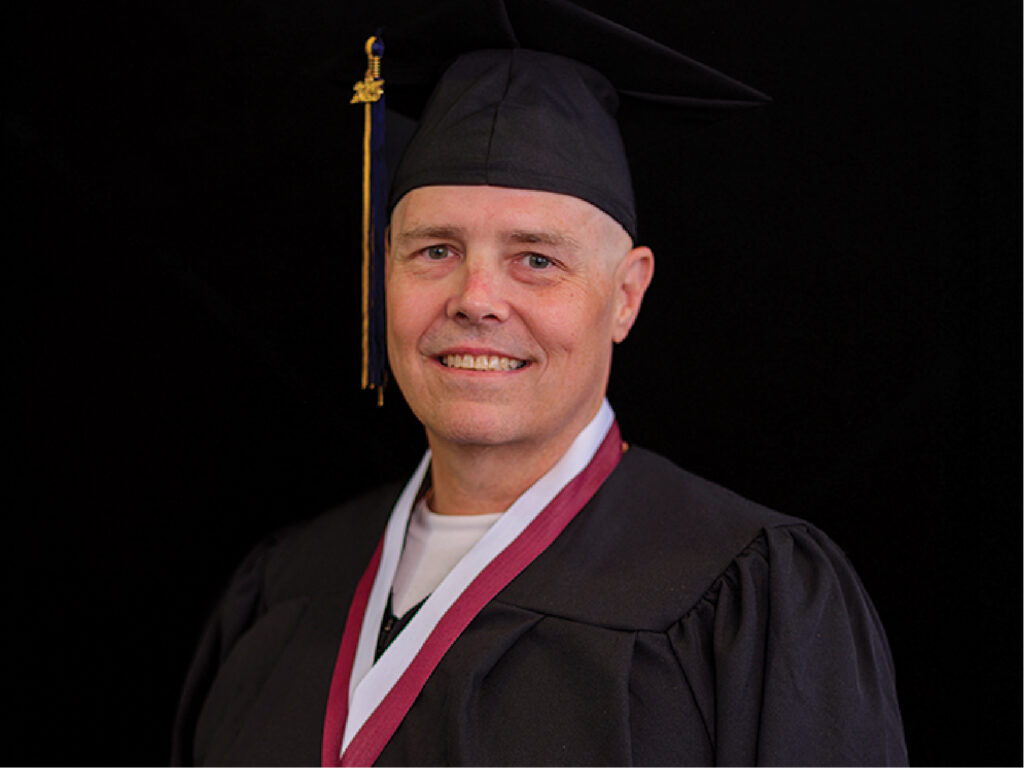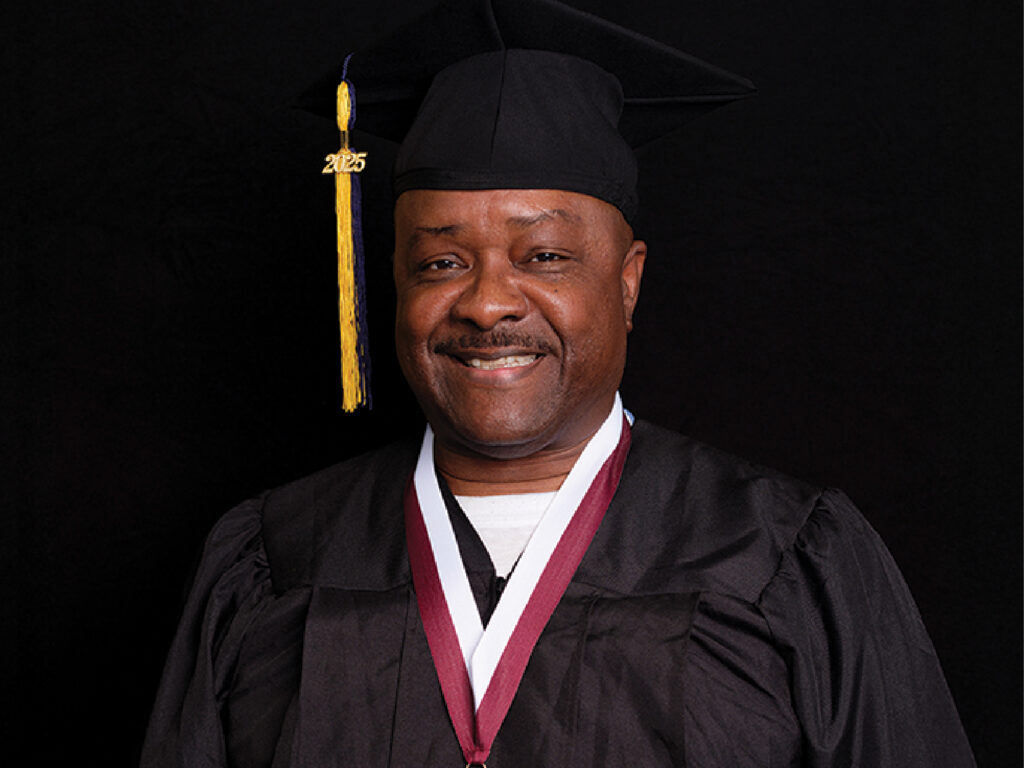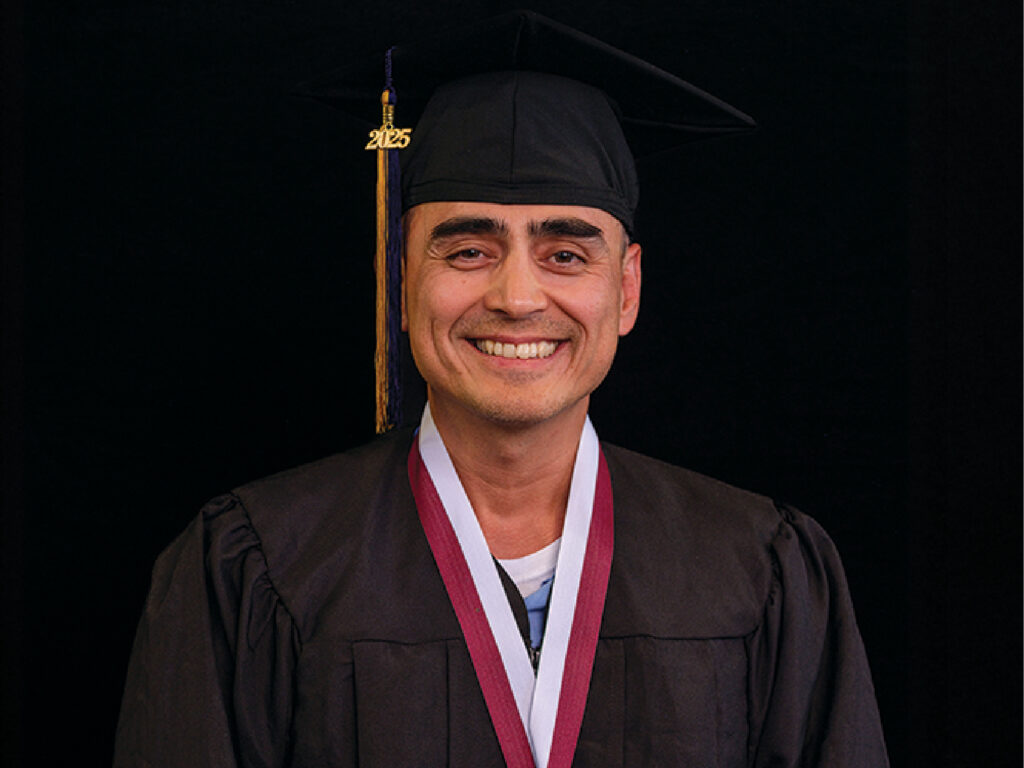Published in the November 2019 newsletter, which you can read in its entirety here.
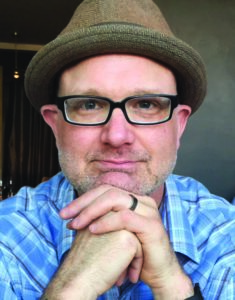 Since the College Program at San Quentin was founded in 1996, hundreds of people have worked as instructors, teaching assistants, tutors, and guest lecturers. Even years later, many of them describe having been impacted by the experience in profound ways, both personally and professionally, and many find their work at San Quentin has changed the trajectory of their lives and resulted in strong community bonds and professional networks among fellow instructors. Lately we’ve been working to compile testimonials from former faculty, in order to better understand how their experiences engaging with the students and the program at San Quentin have created ripple effects in their lives, and document how students at San Quentin are impacting the larger world.
Since the College Program at San Quentin was founded in 1996, hundreds of people have worked as instructors, teaching assistants, tutors, and guest lecturers. Even years later, many of them describe having been impacted by the experience in profound ways, both personally and professionally, and many find their work at San Quentin has changed the trajectory of their lives and resulted in strong community bonds and professional networks among fellow instructors. Lately we’ve been working to compile testimonials from former faculty, in order to better understand how their experiences engaging with the students and the program at San Quentin have created ripple effects in their lives, and document how students at San Quentin are impacting the larger world.
What did you do at San Quentin, and what are you currently doing professionally?
In 1998 and 1999, I was a teaching assistant for Introduction to Sociology, Creative Writing, and English 99. Today I’m an associate professor of sociology and law at the University of Minnesota. I also have a not-so-secret life as a food writer, and I’m the co-founder and associate editor of Meal Magazine, a new print publication that aims to reimagine food writing and food writers.
How did the experience of teaching at SQ impact you?
It literally changed my career trajectory—and life. I went to graduate school to study racial inequality and politics (not the criminal-legal system). Early in my first semester, I received a random email requesting volunteer teaching assistants for the Prison University Project’s College Program at San Quentin and signed up. After a couple sessions, I began to wonder why so few college programs exist in U.S. prisons. That question became the basis of my master’s thesis, which focused on Congress’s ludicrous (but politically expedient) decision in 1994 to eliminate Pell Grants for prisoners.
I’ve continued to research the politics of criminal punishment and related issues. For my first book, The Toughest Beat: Politics, Punishment, and the Prison Officers Union in California, I analyzed the rise of the CCPOA (the California Correctional Peace Officers Association) as a powerful interest group and traced its influence on penal policy, prison conditions, and carceral labor. My second book (co-authored with Phil Goodman and Michelle Phelps), Breaking the Pendulum: The Long Struggle Over Criminal Justice, offers a new perspective on how penal policy and practice change over time. I recently studied the bail bond industry while working as a bail agent in a large urban county. I am currently writing a book with my colleague Joe Soss that explains how and why government agencies and for-profit companies (including bail bonds) use the criminal justice system to extract billions of dollars every year from poor communities (primarily communities of color). The book, Preying on the Poor: Criminal Justice as Revenue Racket, should be out in 2021.
Did the experience impact how you actually approach your work? Do you see any differences between you and your colleagues who have not had similar experiences?
While participating in the program, I learned to always question one-dimensional visions of justice-involved people, including those who work in the system. Destructive public policy, bad scholarship, and ignorant comments often result from an unwillingness to see people (especially incarcerated people) as multi-dimensional people with varied experiences, desires, and goals.
Unlike some of my colleagues, I do not think recidivism rates and similar quantitative outcomes are very effective for assessing prison-based programs. They don’t consider how programs (like the Prison University Project) inspire hope, self-assurance, and commitment to helping others; improve prison climate; and help people develop the skills and confidence to become effective advocates within and beyond prison.
How do you believe that the community of San Quentin has impacted the larger world?
Over the years the College Program has facilitated strong relationships between publicly engaged scholars with a common vision of using education (teaching, research, and writing) to struggle for justice. Three of my closest colleagues also taught at San Quentin. All three are leaders in their fields and have changed how scholars, advocates, and policymakers think about critical criminal-legal issues.
 The first is Amy Lerman (associate professor of public policy and political science at UC Berkeley). She has published path-breaking research on how prisons affect the attitudes, well-being, and behaviors of prisoners and prison officers. Amy and I collaborated on research on the organizational and political determinants of prison officer attitudes in California and Minnesota. Amy’s important, co-authored book, Arresting Citizenship: The Democratic Consequences of American Crime Control, shows how contact with the criminal justice system shapes political attitudes and civic engagement; this research has changed the conversation about the political consequences of mass incarceration and related penal developments.
The first is Amy Lerman (associate professor of public policy and political science at UC Berkeley). She has published path-breaking research on how prisons affect the attitudes, well-being, and behaviors of prisoners and prison officers. Amy and I collaborated on research on the organizational and political determinants of prison officer attitudes in California and Minnesota. Amy’s important, co-authored book, Arresting Citizenship: The Democratic Consequences of American Crime Control, shows how contact with the criminal justice system shapes political attitudes and civic engagement; this research has changed the conversation about the political consequences of mass incarceration and related penal developments.
 Karin Martin (assistant professor of public policy at the University of Washington), is a renowned expert on legal financial obligations (e.g., court fines, fees, and restitution). Along with publishing first-rate articles in peer-reviewed journals, she has provided testimony on the scope and effects of criminal justice debt to the New York State Assembly and to the United States Commission on Civil Rights. Joe Soss and I rely on Karin’s research and consultation for Preying on the Poor.
Karin Martin (assistant professor of public policy at the University of Washington), is a renowned expert on legal financial obligations (e.g., court fines, fees, and restitution). Along with publishing first-rate articles in peer-reviewed journals, she has provided testimony on the scope and effects of criminal justice debt to the New York State Assembly and to the United States Commission on Civil Rights. Joe Soss and I rely on Karin’s research and consultation for Preying on the Poor.
 One of my dearest friends, Keramet Reiter (associate professor of criminology, law, and society at UC Irvine), is the author of 23/7: Pelican Bay and the Rise of Long-Term Solitary Confinement, an incredible study of the rise, transformation, and consequences of the Security Housing Unit (SHU). I assign 23/7 in my course, The Sociology of Punishment; the book successfully challenges students to reconsider their understandings of solitary confinement and popular images of prisoners. (Keramet has participated in the class remotely, and the students love her.) In my opinion, 23/7 is one of the best books written about prisons, because Keramet shows that the book’s subjects (SHU prisoners, state officials, advocates, et al.) are multi-dimensional people with complex backgrounds, a fact that gets lost behind denigrating, simplifying terms like “the worst of the worst.”
One of my dearest friends, Keramet Reiter (associate professor of criminology, law, and society at UC Irvine), is the author of 23/7: Pelican Bay and the Rise of Long-Term Solitary Confinement, an incredible study of the rise, transformation, and consequences of the Security Housing Unit (SHU). I assign 23/7 in my course, The Sociology of Punishment; the book successfully challenges students to reconsider their understandings of solitary confinement and popular images of prisoners. (Keramet has participated in the class remotely, and the students love her.) In my opinion, 23/7 is one of the best books written about prisons, because Keramet shows that the book’s subjects (SHU prisoners, state officials, advocates, et al.) are multi-dimensional people with complex backgrounds, a fact that gets lost behind denigrating, simplifying terms like “the worst of the worst.”
Please note that the Prison University Project became Mount Tamalpais College in September 2020.
